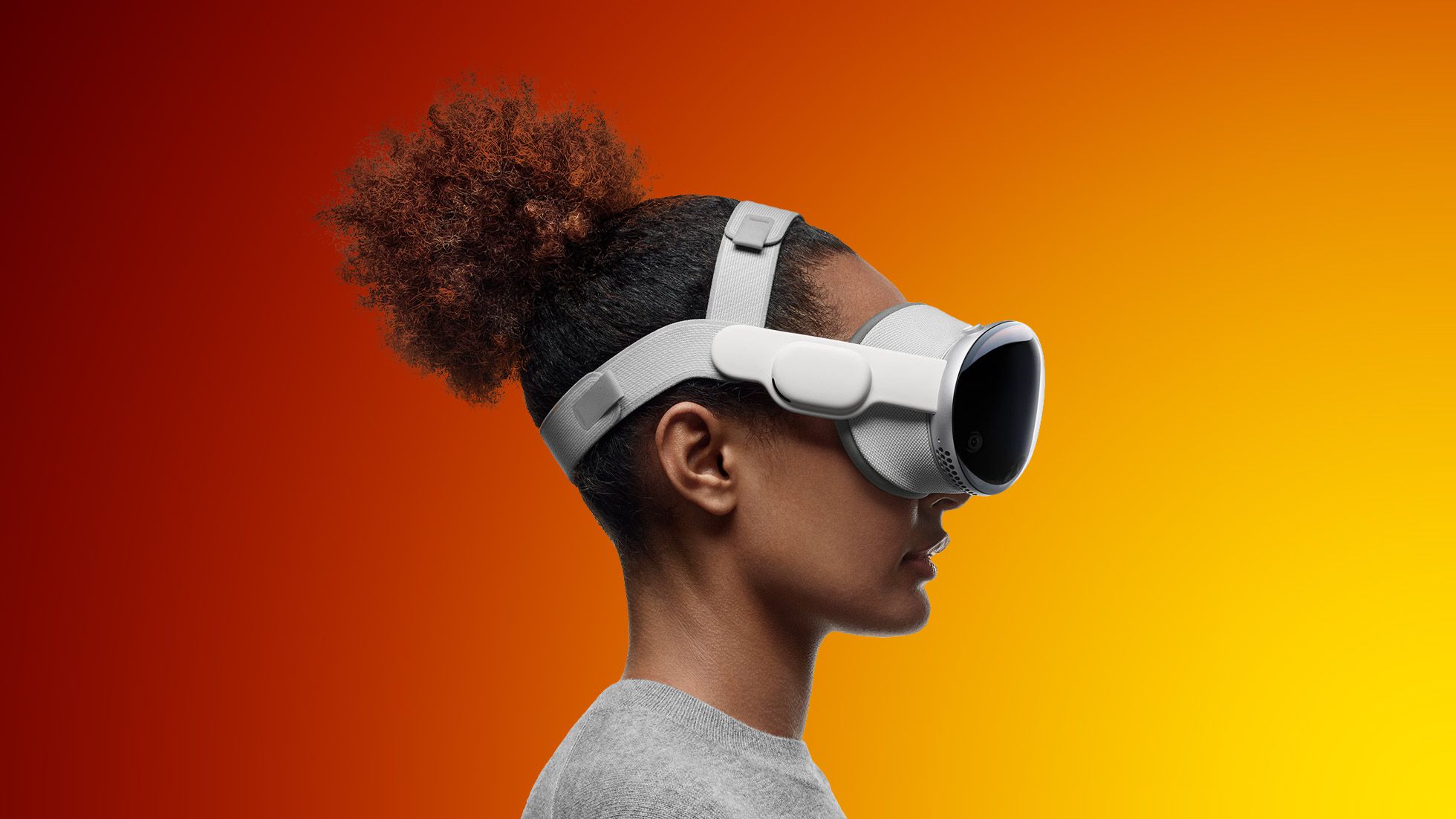"and provides better vision of the world around them" than what? You appear to be talking about headset adoption in general, and not specificly referring to the AVP.
But surely that isn't the case? Could you clarify?
Without snark, better how? Augmented with data everywhere? Name and HP bar above peoples heads, AR Pokemon hiding behind lampposts and Disney Princesses dancing on rooftops?
Better than not wearing (a headset).
To use an example, I wear glasses because it makes it easier for me to see the world around me.
Moving forward, I envision that "better vision" for headsets will probably mean something like spatial computing applications that augment our surroundings. One key feature will be spatial video and panorama photos, and the feedback I am getting from people who have had the opportunity to experience this is that they are extremely immersive and life-like and have the potential to make viewing photos on our mobile devices feel lacklustre in comparison.
Apple demoed the keynote app, and I feel like there is promise in being able to stand in a virtual room and have your presentation behind you as if you were actually giving a live keynote while still having friends / team members join in via FaceTime (or maybe even zoom) to serve as a virtual audience. And they don't need to own their own vision pro headset either.
Another area I feel the Vision Pro could excel in is concerts. Imagine being able to join a live performance virtually and always be assured of having a great spot to view the artistes from, all from the comfort of your living room. Better than flying halfway around the world, spending thousands of dollars and still not being able to see anything. And way more immersive than even the most professionally taken "fancams" on YouTube.
To reiterate my earlier point, the Vision Pro still lets users see around them (so they can still reach for and drink a cup of coffee with the headset on, something you can't really do with many other headsets). While people often think of a VR headset as being used when you are alone by yourself, the Vision Pro's ability to project an image of your facial expressions suggests that Apple does expect its users to use it in front of other people, and maybe even be seen wearing one in public some day. I am confident that said "eyesight" technology will become a signature feature of the Vision Pro which the competition will try to ape (with varying degrees of success).
It helps that Apple does have design chops. Just like how the AirPods were initially ridiculed for their appearance but are now a sort of signature trademark for the company, the Vision Pro could well become something that people are not only comfortable wearing in public, but will want to be seen wearing in public.
These are just a few examples that come to mind right now, but in general, I feel that applications on the Vision Pro have the potential to let me interact with my surroundings in a manner that may otherwise not be feasible.



